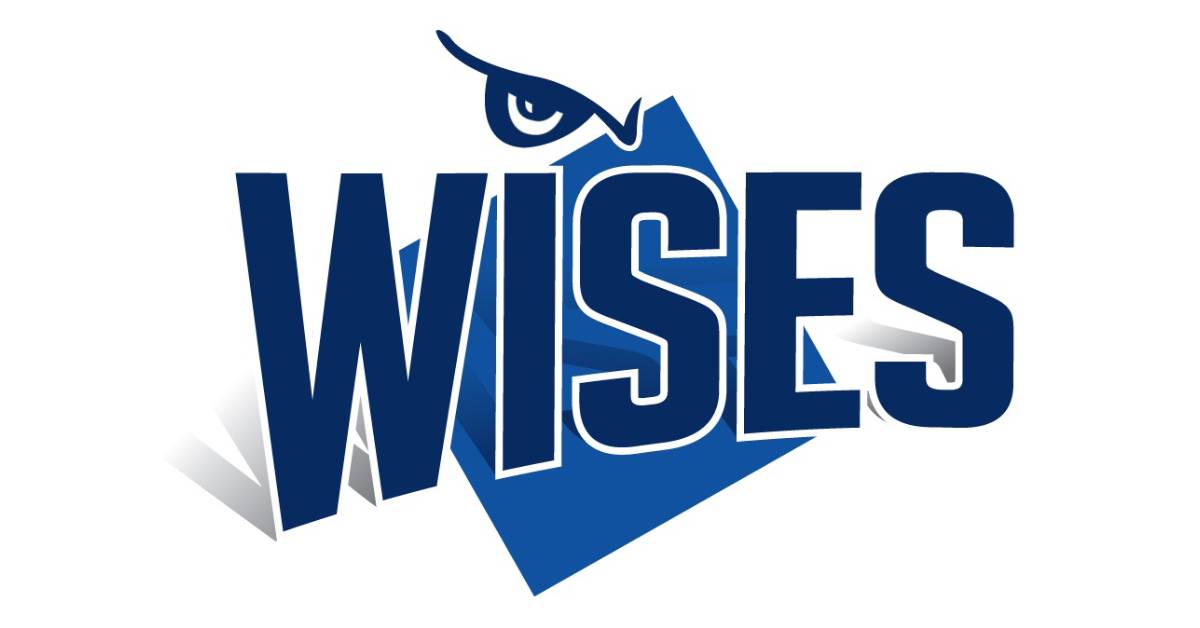
Some of the most well-known registered trademarks in the world are surnames – McDonalds, Dell and Ford. However, registering a trademark that is primarily a surname is prohibited in both Canada and the United States. What is the trick?
A trademark cannot be registered if it is “primarily merely a surname”. If the average consumer’s first impression of the trademark would be that it is just a surname, then the trademark is not registrable.
In Canada, there is a two-stage test to determine if the trademark falls foul of the Trademarks Act:
- Is the trademark a name of a living individual or someone who has died in the preceding 30 years? If yes,
- In the mind of the average Canadian consumer, is the trademark “primarily merely” a name or surname?
Prior to recent changes to the law, the examiner would need to find a minimum number of names in phone directories before a surname objection would be issued. This step is no longer applicable.
In the United States, the examiner will evaluate the primary meaning of the trademark – if it is a name, or the trademark examiner suspects the trademark is a name, then there will be an objection.
So how then do companies register surnames as trademarks?
In both Canada and the United States, an applicant may overcome the surname objection by proving that the trademark has acquired distinctiveness – in other words, the trademark has been used to such an extent that the consumer no longer views the trademark as a name, but as a brand. For example, McDonald’s is no longer perceived by the average customer as a person’s name, but as the name of a chain of restaurants.
As of June 2019, new amendments to the Trademarks Act have come into effect in Canada. One new dynamic that name trademarks will need to overcome is the distinctiveness requirement. From now on, trademark applications can be objected to on the basis that they are non-distinctive. Demonstrating distinctiveness is not always an easy task.
In the United States, there is no specific rule about the kind or amount of evidence to demonstrate that the name is merely a surname but typically a USPTO examiner will look at the following factors:
- The rarity of the name
- The connection between the name and the applicant
- Any recognized meaning other than a surname
- Structure and pronunciation of a surname
- Stylistic or other distinctive elements
If you are considering registering a name as a trademark, please reach out to us for assistance.

